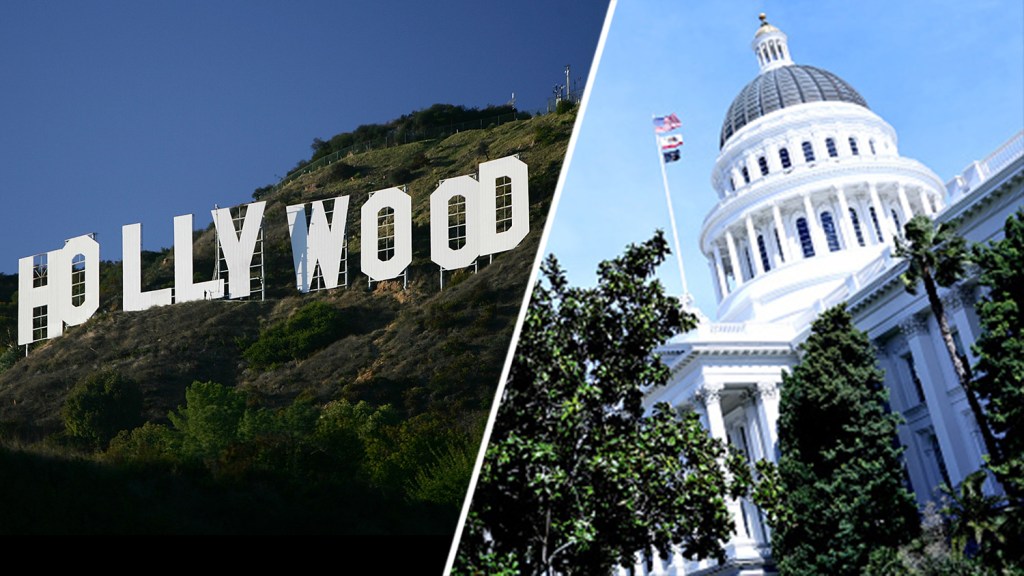
The California Legislature has officially approved Governor Gavin Newsom’s proposal to increase the annual Film & TV Tax Credit funding to $750 million. This decision was cemented as both the state Senate and Assembly voted on a trailer bill on Friday, ensuring the necessary legal changes to implement the budget agreed upon earlier in the week. The Senate voted overwhelmingly in favor, 64-1, while the Assembly passed it with a 31-3 vote.
Governor Newsom had prioritized this funding from the outset, yet its future was uncertain as the Legislature navigated a $12 billion budget shortfall. The formal vote on June 15 marked a significant step, but it also highlighted the complex negotiations required to balance competing priorities within the state budget.
Industry Impact and Advocacy
Rebecca Rhine, President of the Entertainment Union Coalition and Western Executive Director of the Directors Guild of America, expressed gratitude for the commitment shown by state leaders. “I feel like the governor and the elected leaders heard our members and made a commitment to our industry in California, and I think it will be repaid many times over,” Rhine told Deadline.
Rhine has been instrumental in advocating for this legislation, mobilizing production workers across California to engage with lawmakers in Sacramento. The Entertainment Union Coalition’s “Keep California Rolling” campaign, launched in February, was pivotal in communicating the industry’s needs and dispelling misconceptions about the tax credit.
Debunking Myths
One significant challenge was countering the narrative that the tax credit was merely a corporate giveaway. “It’s a bill that rewards productions that hire people and pay them good union wages and provide health and pension benefits,” Rhine explained. She emphasized the industry’s broad economic impact, including its support for related businesses such as hotels, coffee shops, and costume houses.
“This is about an industry that is additive to California, and I think that story had to be told,” Rhine continued. “If you let an iconic industry like this leave California, you will never get it back.”
Next Steps for Legislation
With the funding secured, attention now turns to the programmatic changes outlined in two sister bills progressing through the Senate and Assembly. A vote on AB 1138 is anticipated next week, with broad legislative support expected for amendments designed to streamline funding access and incentivize job creation and training within the industry.
The proposed changes include expanding qualification parameters and increasing the available credit amount for projects from 20% to 35% for expenses incurred in Los Angeles. Additionally, the California Film Commission may allow for an extra 5% credit in economically disadvantaged areas.
Competitive Landscape
This legislative effort comes amid increasing competition from other states, which have been enhancing their own film and TV tax incentives to attract productions. New York, for instance, recently expanded its incentives as part of a new state budget. Such developments underscore the urgency for California to retain its status as a premier destination for film and television production.
The move represents a strategic investment in California’s entertainment industry, which not only supports a multitude of jobs but also bolsters tourism and related sectors. As the state navigates economic challenges, the bolstered tax credit program aims to secure California’s position as a leader in the global entertainment landscape.
As the legislative process continues, stakeholders remain optimistic about the program’s final approval and its potential to revitalize the industry. The coming weeks will be crucial in determining the program’s ultimate structure and impact.







